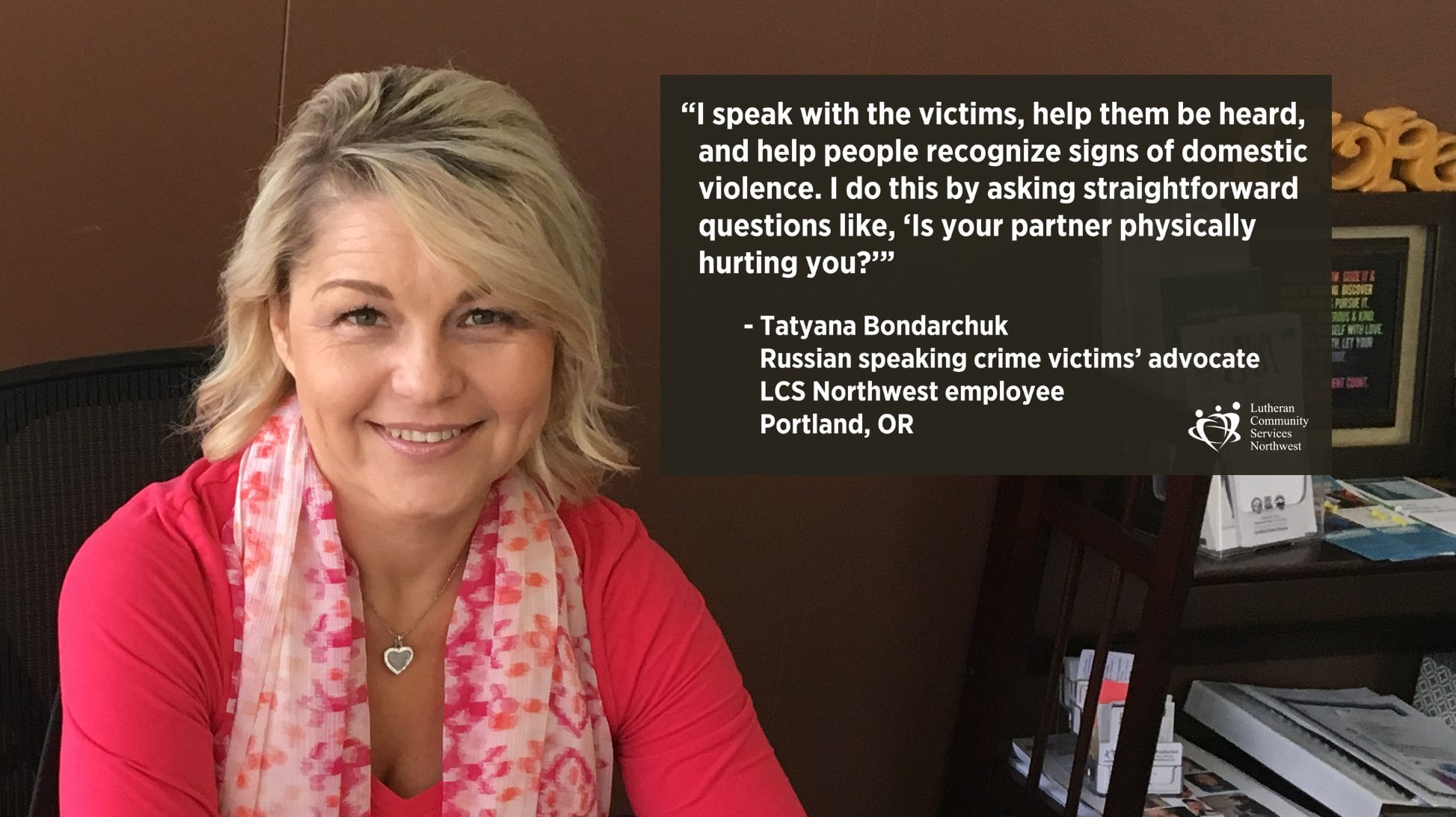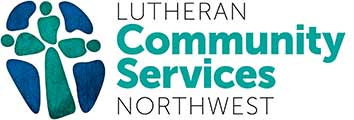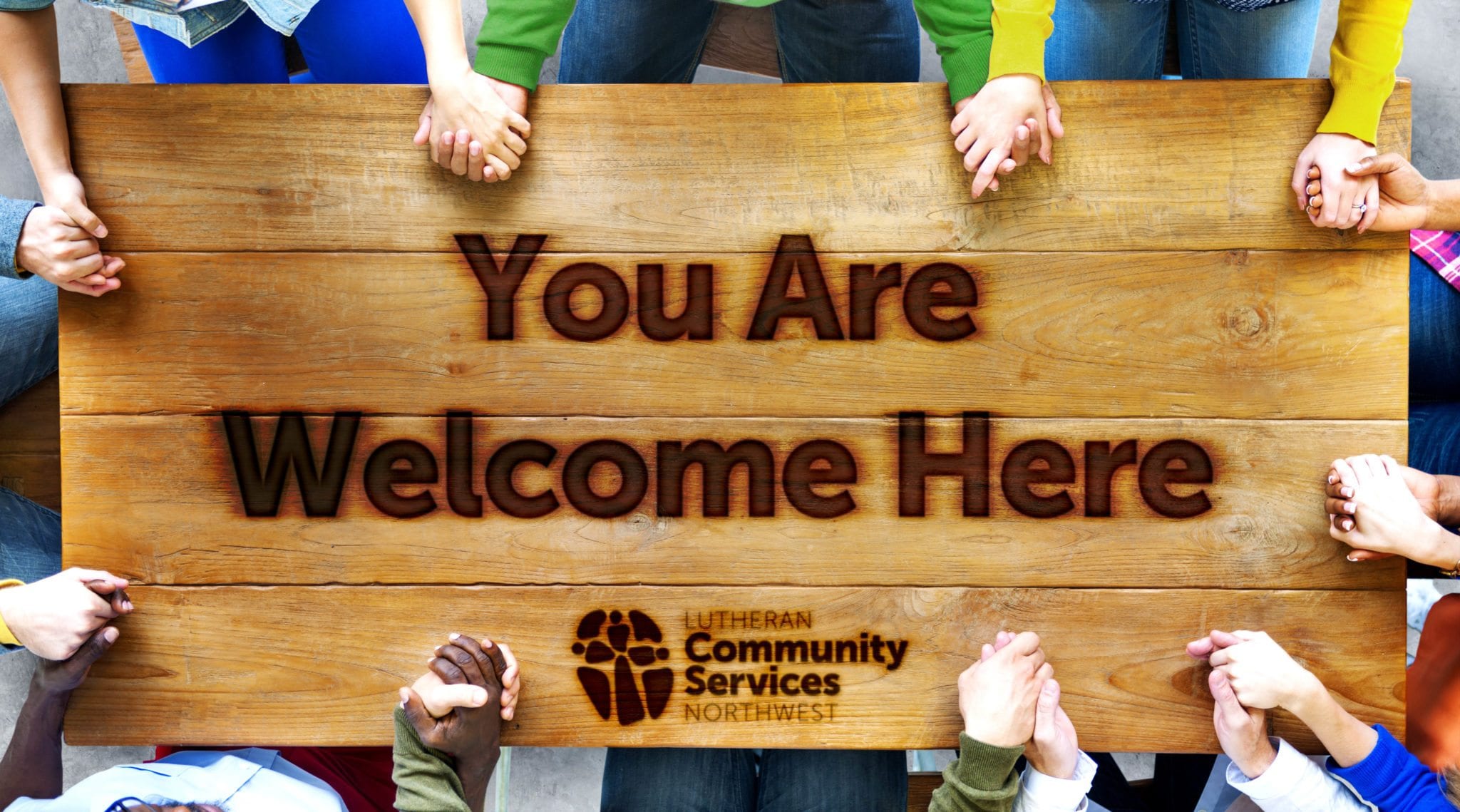 The Crime Victims’ Advocacy Program in LCS Northwest Program provides advocacy, referrals and information services to the community of Multnomah County, which includes Portland. All services are offered free of charge to victims of crimes.
The Crime Victims’ Advocacy Program in LCS Northwest Program provides advocacy, referrals and information services to the community of Multnomah County, which includes Portland. All services are offered free of charge to victims of crimes.
Tatyana Bondarchuk is a Russian speaking crime victims’ advocate based in our Portland Banfield office. Having worked for LCS Northwest for more than 10 years, she started her latest role less than a year ago. Bondarchuk was recently nominated for the Judge Stephen B. Herrell Award for her work with domestic violence advocacy within the Slavic Community in Portland. She is a survivor of domestic violence.
The Slavic community is made up of people from the former Soviet Union, who mostly fled religious and political persecution and came to Oregon in several waves. There is an estimated 150,000 Russian speaking immigrants in Oregon and Washington. In Oregon, a large number of them reside in Multnomah County.
Q1: How did you get into this line of work?
When I was a receptionist in 2004 for our Immigration and Advocacy Program in Portland I encountered a Russian client with young children who came in with noticeable bruises on her face. When I asked her what happened, her response was always the same, “I fell down the stairs.” After a few more attempts, she finally confessed that the bruises were from her husband hitting her. I thought of her children, and the fact that I had been through the same thing. I had to do something. I discovered she attends the same church as my family. After much thought, I approached our pastor anonymously. Two years later, I bumped into this woman and her children in the park. Her smile told me that her husband never laid a finger on her again. This is how I found my calling. I put myself through school and I started giving free public talks in libraries about domestic violence – how to recognize it and available resources. I remember starting out with an audience of five adults who had 20 children between them. I told myself, if five adults are all I need to make a difference in the lives of 20 children, I will continue on this path. I received my Masters in Social Work in 2013. I was also part of the U.S./Russia Social Expertise Exchange Fellowship where I traveled to Russia to observe and participate in the work at a women’s crisis center, foster kids’ home and parents with kids in detention centers.
Q2: How does the Slavic community in Portland view and treat domestic violence?
The Slavic Community considers domestic violence taboo, mostly because of Orthodox Christians beliefs. They somehow interpret the Bible as saying that physical abuse in a relationship for discipline is acceptable. Many think Biblical laws overshadow Oregon laws. This is not true and unacceptable. This is also where I come in. I speak with the victims, help them be heard, and help people recognize signs of domestic violence. I do this by asking straightforward questions like, “Is your partner physically hurting you?”
Q3: You are the crisis line for the Slavic community. How did this happen?
This started from the free public talks I’ve been giving. I now find myself giving talks to bigger audiences. I recently spoke at Rosa Parks School in North Portland to an audience of 300. Apart from talks and presentations, I am frequently heard on Russian Radio7 (AM 1010), and I am also a contributing writer to Russian language magazine AFISHA. I find that most of my work and contact spread through word of mouth within the tight knit Slavic community. I get calls and emails coming in for me personally and sometimes it does get overwhelming. But, I enjoy my work and do it for the children.
Q4: What is the most important message you have for the community?
Every child deserves to smile. No child should ever have to witness his/her parents beating the other parent. My core message to victims is to gain strength and focus for their children when working to stay away from their abuser. Another important message for parents is to learn and recognize signs of child abuse so they can prevent it. Learn the law. One way for me to get my messages out, particularly that of “learning the law” is to quote the Bible. When Paul wrote to the Church of Rome, “Let every person be subject to the governing authorities. For there is no authority except from God, and those that resist have been instituted by God. Therefore whoever resists the authorities resists what God has appointed and those who resist will incur judgement.” (Romans 12:1-2).
Q5: How has advocating to reduce or end domestic violence changed over the last five years?
We are more open to talking about domestic violence and addressing the issues. Victims are coming forward with willingness to share experiences. I remember when I first started; I had a client who witnessed her husband push their 3-year-old’s head on a chair because the child accidentally scratched the table while doing craft. It took four years for the client to share that story. These days, I am noticing that it takes less time for victims to speak out and share their experiences to save others. They are noticing that their shared experiences are creating a sense of community for all victims. There is also a better overall understanding of the laws and rules surrounding this issue. Taking these changes into consideration, my outreach method has shifted from creating awareness to prevention. How do we prevent domestic violence from happening? We must know our rights here in our new home country.

